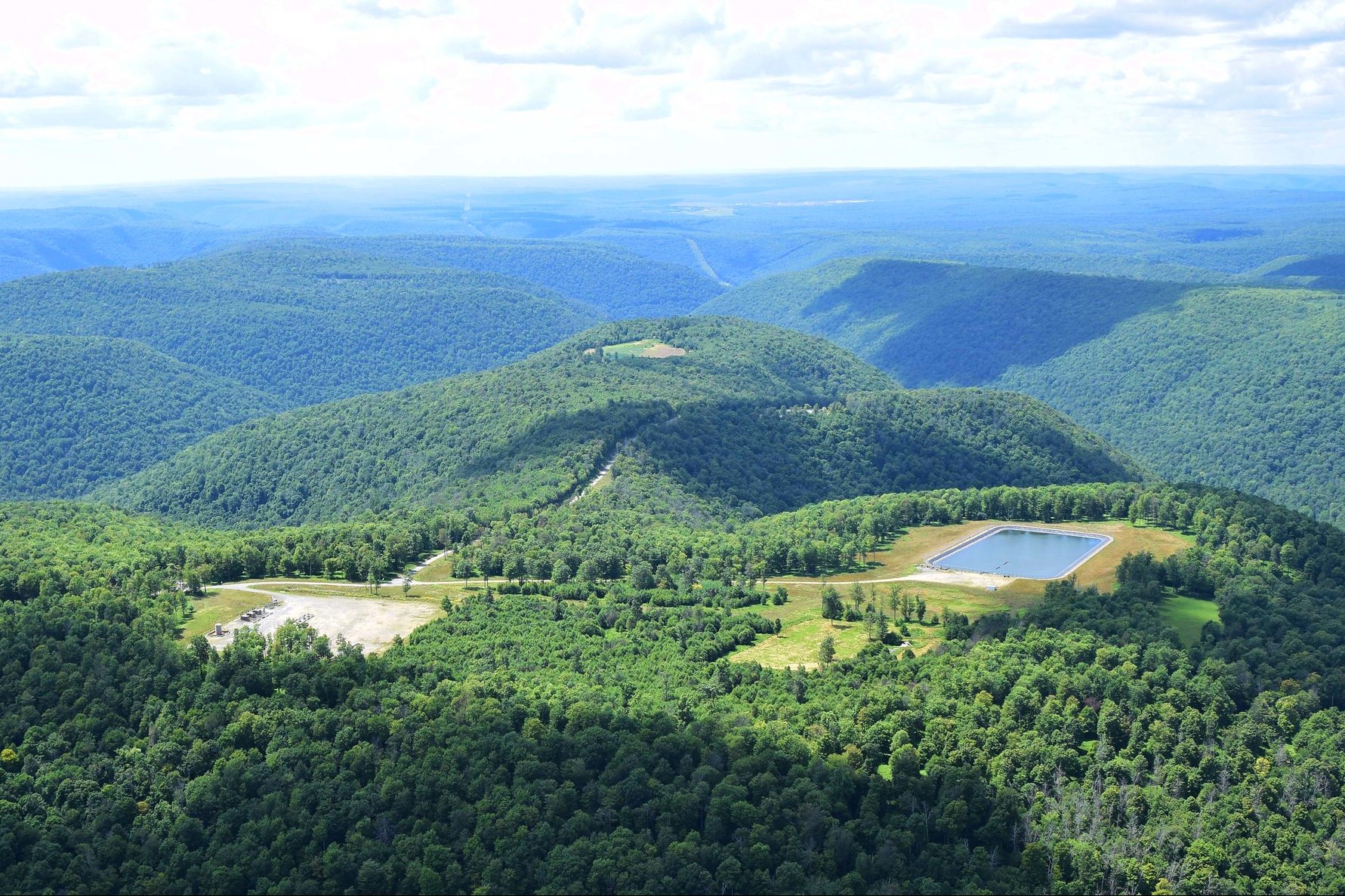It’s fueled a drilling boom in the U.S. Now, fracking is becoming fodder on the campaign trail.
The three leading Democratic candidates for the U.S. Senate seat currently held by Republican Pat Toomey have been sparring over the past few weeks over environmental issues—particularly fracking.
Former Congressman and Navy Rear Admiral Joe Sestak and Braddock Mayor John Fetterman have both called for a moratorium on fracking until regulations are tightened. Katie McGinty, former chief of staff for Governor Tom Wolf, does not support a moratorium.
“I’m for a moratorium on fracking,” Sestak told WPSU’s public affairs program Take Note recently. “How can you ever do something where the [Auditor] General has said our Department of [Environmental] Protection (DEP) wasn’t prepared to oversee the drilling?”
Sestak was referring to a 2014 Pennsylvania Auditor General’s report that found the DEP provided inconsistent and inadequate oversight over the fracking industry.
LISTEN: “How Fracking is Shaping the Democratic Senate Race”
McGinty has become a target because she headed the DEP in the early days of Pennsylvania’s gas boom. She accused Sestak of flip-flopping on fracking at a televised debate among the three candidates in Pittsburgh hosted by WTAE-TV.
“Congressman Sestak, in his book, calls fracking the common good—waves regulators off to not step on that rustic spirit and pioneering spirit of our energy developers,” McGinty said.
Though Sestak called for a moratorium as far back as 2010, his 2015 book Walking in Your Shoes makes no mention of it. The book praises the potential positive impacts of fracking, like lowering carbon emissions and limiting foreign oil imports. But he writes “it must not be done at a greater cost, or even damage, to our Commonwealth.”
At the debate, Sestak and Fetterman attacked McGinty’s record on fracking as former DEP secretary under Governor Ed Rendell.
“Ms. McGinty, along with Governor Rendell, brought fracking to Pennsylvania,” Fetterman said.
Fetterman sparred with McGinty at the debate over donations from the oil and gas industry. “Own your donors,” Fetterman said. “I never understand why Ms. McGinty wants to run away from her history in fracking. Embrace what you’ve done—embrace these things that you’ve done in your career.”

Former Congressman and Navy Rear Admiral Joe Sestak (left) and Braddock, Pennsylvania Mayor John Fetterman (right) have both called for a moratorium on fracking until regulations are tightened. Credit: Wikimedia Commons (Sestak), Kris Krüg via Flickr (Fetterman)
McGinty says she is in favor of stringent regulations on fracking, but not a moratorium. She likes to highlight her long resume on environmental issues—including being an adviser to Senator Al Gore and serving as head of the White House Council on Environmental Quality during the Clinton Administration.
“I’ve dedicated my professional career to protecting the environment and also shattering the myth that if you’re for jobs, you’re against the environment—and if you’re against the environment, you’re against jobs,” she said at the debate.
She also touted her record of promoting clean energy, both at the DEP and later in the private sector. She also pointed to endorsements from groups like the League of Conservation Voters.
“The bottom line is I’m supported by the solar industry, the wind industry—I’m not supported by the frackers,” she said.
But opponents, including many Republicans, have criticized McGinty’s involvement with private energy companies after she left the DEP. She was a board member for NRG and Iberdrola—energy companies with natural gas and wind investments—after leaving DEP in 2008.
At the debate, McGinty said her private sector work gave her real-world experience that her opponents don’t have.
“It’s important in a job as important as these jobs are that you have real-world experience,” she said. “And I’m proud I’m not just a creature of government.”
Voters will have their chance to weigh-in on the candidates arguments soon enough. The Democratic primary in Pennsylvania is April 26.
CORRECTION: A previous version of this story misidentified a state office that reviewed the Department of Environmental Protection’s regulation of the fracking industry. It is the Auditor General.


